The computer operation speed is very slow and there are many strange problems happening when you are using the computer? After scanning the entire system, the antivirus program on your computer says the computer is infected with Exploit:JS/Neclu.M virus? What is it? How does it get in your computer? Antivirus programs also let you down, because they can’t delete it?
Exploit:JS/Neclu.M is a hateful computer virus which is able to modify important system settings. It can do a lot of strange things in the infected computer and even seriously damage the computer. There are a lot of media that can be used by the virus to get into your computer. Usually, downloading unknown free software, visiting malicious websites and opening spam email attachments will make your computer infected. In addition, it can also make full use of security vulnerabilities in Windows operating systems to launch blistering attacks.
Once Exploit:JS/Neclu.M is in your computer, it will immediately execute a series of malicious behaviors. Many users will be surprised to find that their computer is infected without a warning even though there is an antivirus program in the computer. Because important system files and registry keys are changed, it is able to avoid antivirus programs successfully. Moreover, the virus will consume a large amount of computer system resources, making your computer run slowly or even destroying the system. Running programs will always give you hints saying “no response” or “insufficient memory”. What’s worse, it is advantageous to the cyber criminals who are trying to invade your computer. Your online traces and personal information may be recorded secretly. Therefore, when you see the virus, you should remain vigilant and take immediate measures to remove it as soon as possible. However, it can be hidden in the computer system. Although some antivirus software may temporarily stop it, the stubborn virus has the ability to regenerate rapidly. If you want to remove it entirely, manual removal is the best choice.
1. It has the ability to download additional components and other infections in the target computer in order to fully complete its penetration.
2. It is able to cause system crash and destroy some of your programs in the infected computer.
3. It facilitates the virus makers to intrude your computer remotely without letting you know.
4. It is capable of collecting your browsing history and other private data.
The malicious Exploit:JS/Neclu.M can install itself into the computer system without your consent and awareness. It makes your computer work slowly and implants other nasty infections into the computer. To make things worse, this Trojan is a tool for the cyber criminals to invade the infected computer to steal your information. Through making use of advanced technology, it maintains the ability to combine its components with system files or to generate fake system files, which confuses computer users as well as antivirus programs. They cannot identify it accurately and timely, let alone remove it thoroughly. Therefore, manual removal is the best choice to drive it away from your computer. In this case, you are advised to delete every file generated by it manually so as to spare all later trouble. The manual removal needs to be handled carefully so as to avoid any subsequent damages. Users can follow the manual guide here to have the virus removed instantly.
1. End Relevant Processes
(1). Press Ctrl+Shift+Esc together to pop up Windows Task Manager, click Processes tab
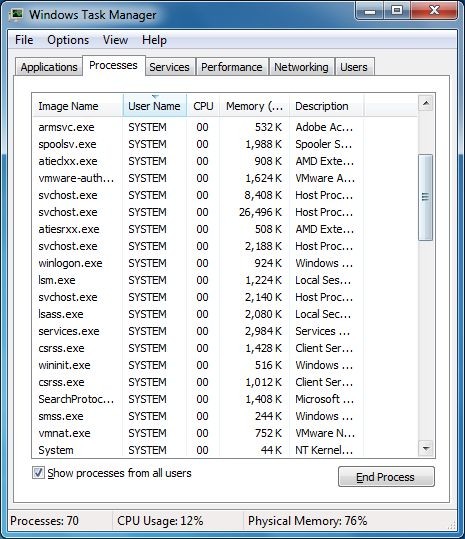
*For Win 8 Users:
Click More details when you see the Task Manager box
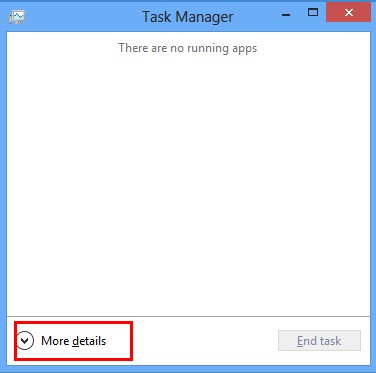
And then click Details tab
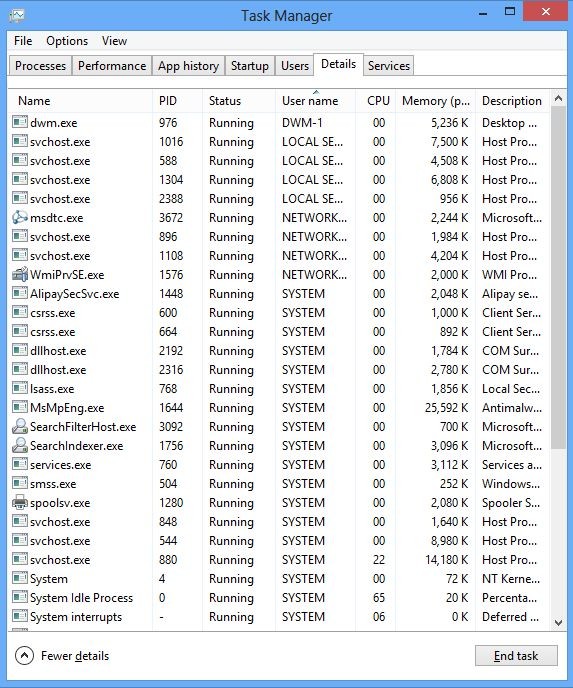
(2). Find out and end the processes of Exploit:JS/Neclu.M
2. Show Hidden Files
(1). Click on Start button and then on Control Panel
(2). Click on Appearance and Personalization
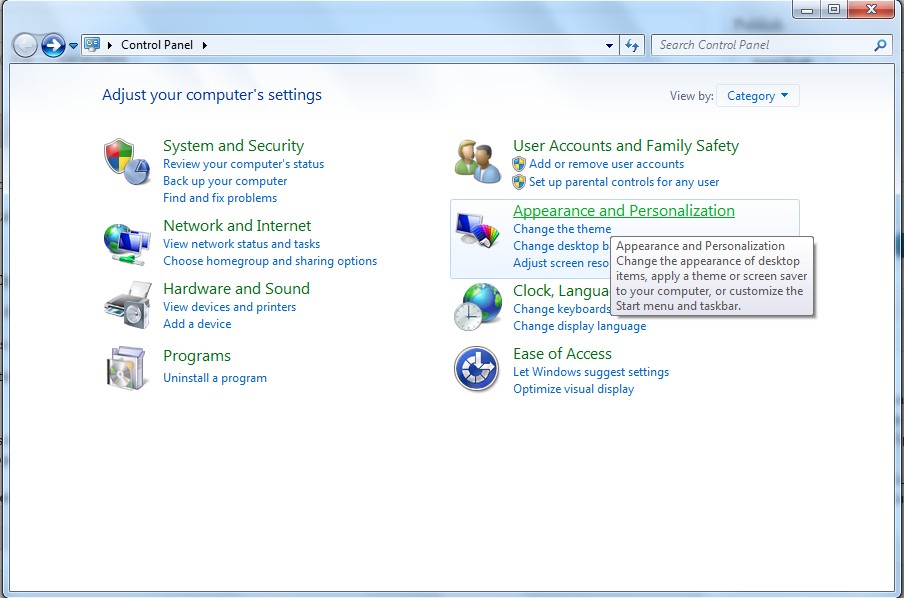
(3). Click on Folder Options
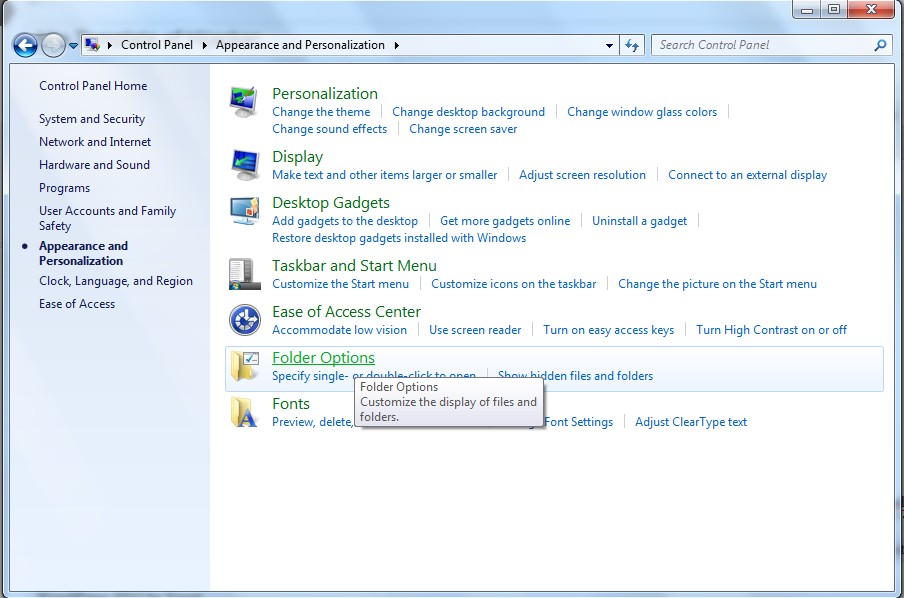
(4). Click on the View tab in the Folder Options window
(5). Choose Show hidden files, folders, and drives under the Hidden files and folders category
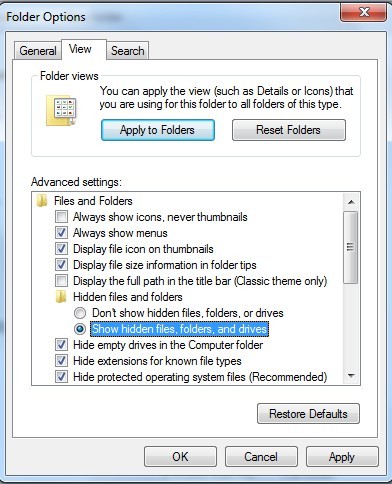
(6). Click OK at the bottom of the Folder Options window
*For Win 8 Users:
Press Win+E together to open Computer window, click View and then click Options
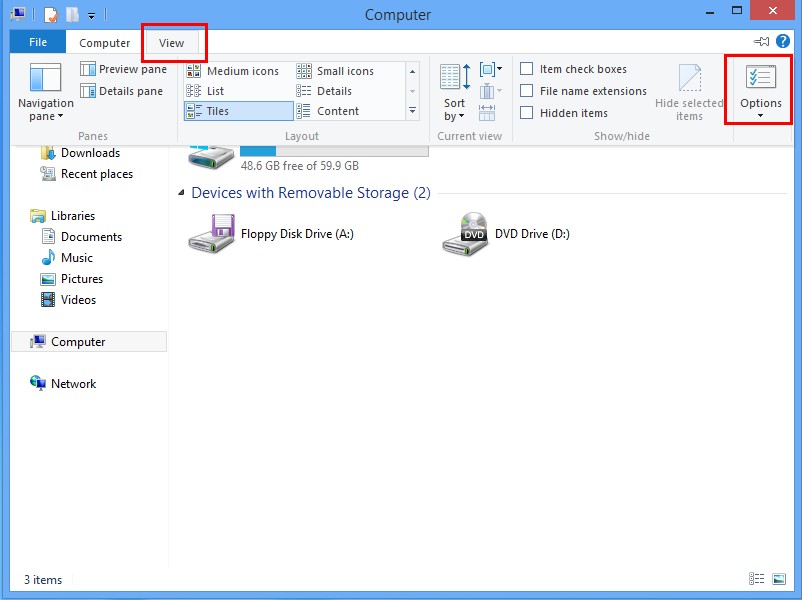
Click View tab in the Folder Options window, choose Show hidden files, folders, and drives under the Hidden files and folders category
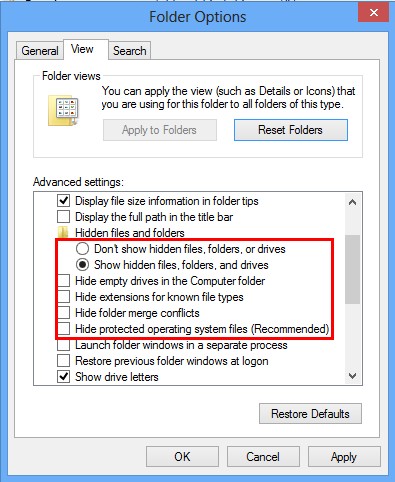
3. Delete Relevant Registry Entries and Files
(1). Delete the registry entries of Exploit:JS/Neclu.M through Registry Editor
Press Win+R to bring up the Run window, type “regedit” and click “OK”
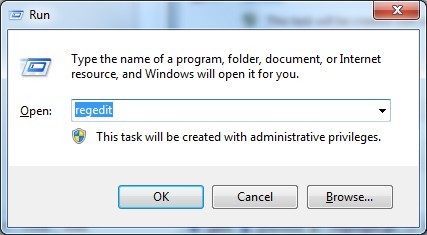
While the Registry Editor is open, search and delete the related registry entries
HKEY_CURRENT_USER\Software\Microsoft\Windows\CurrentVersion\Run\[RANDOM CHARACTERS].exe
HKEY_CURRENT_USER\Software\Microsoft\Windows\CurrentVersion\Run ‘Random’
HKEY_LOCAL_MACHINE\Software\Microsoft\Windows NT\CurrentVersion\Random
(2). Find out and remove the associated files
%AllUsersProfile%\random.exe
%AppData%\Roaming\Microsoft\Windows\Templates\random.exe
%Temp%\random.exe
%AllUsersProfile%\Application Data\random
In short, Exploit:JS/Neclu.M is a high risky computer virus that can cause serious damages to the infected computer. If you’re not careful when accessing Internet resources (visiting malicious sites, running unsafe software or opening spam email attachments), your computer will be easily affected by it. It attempts to access the system kernel, deletes or modifies some important documents and even destroys the whole computer system. It is advantageous for the cyber criminals to collect your important information including bank account or credit card information. You should eliminate it as early as possible.
The above manual removal is quite dangerous and complicated, which needs sufficient professional skills. Therefore, only computer users with rich computer knowledge are recommended to implement the process because any errors including deleting important system files and registry entries will crash your computer system. If you have no idea of how to process the manual removal, please contact experts from YooCare Online Tech Support for further assistance.
Published by on April 20, 2014 8:09 pm, last updated on April 20, 2014 8:09 pm



Leave a Reply
You must be logged in to post a comment.